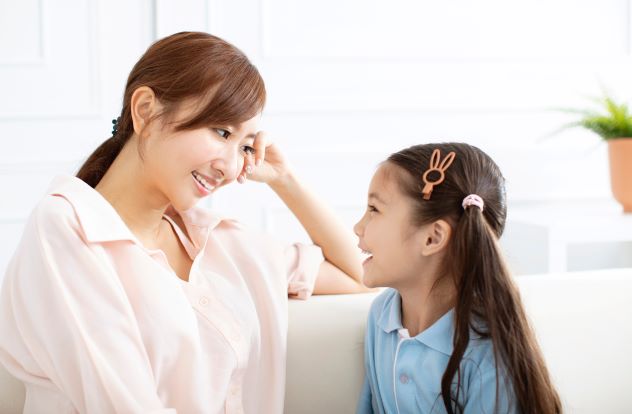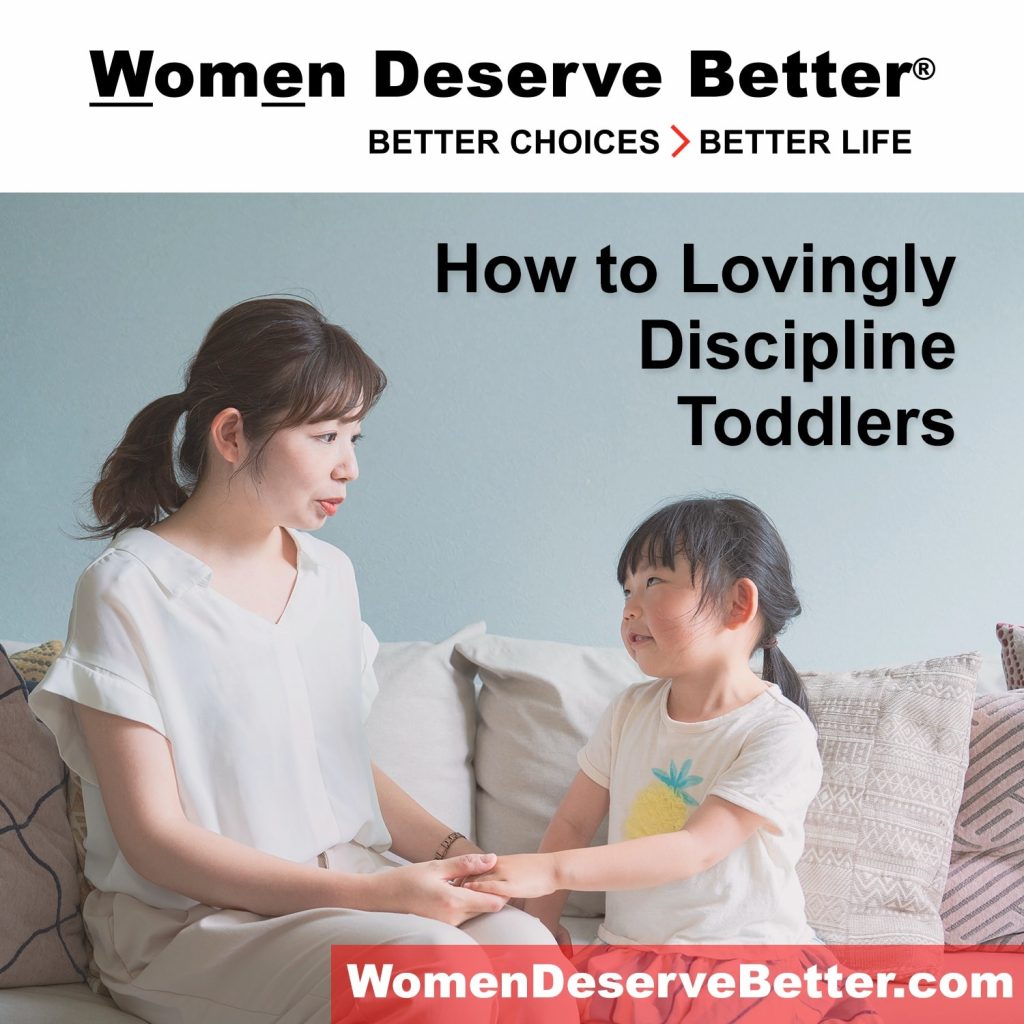
Toddlers want to be independent, but they don’t have the mental or physical capacity to do so. They have big emotions and tiny bodies that don’t know how to express themselves. There are ways to discipline and help your child grow, even in this difficult stage.
- First and foremost, stay calm. An angry or frantic adult cannot deal well with a child who is having difficulties. A wired parent can’t calm a child down.
- Any punishment must be immediate and appropriate for the behavior. Don’t say, “We’re going to get a timeout when we get home,” because the child will not be able to connect the behavior to the consequences. If possible, it’s best to have the consequences be connected to the behavior. For example, if the child is misusing a toy, she does not get to use that toy.
- Timeouts are the first go-to at this age to allow everyone a chance to calm down. And don’t be afraid to call a timeout on yourself or anyone else in your household. Timeouts are good for everybody.
- Be mindful of tantrum triggers. Every child has things that set him off: Missing a nap, seeing certain toys at the store, being told “no” in certain situations. Keep a list of these patterns so you can avoid these situations.
- Give your child choices so she feels like she has more control. This will help avoid problems later. A good example is asking the child at bedtime, “Do you want to put on your PJs or brush your teeth first?”
Every stage of childhood has its own challenges and gifts. Toddlerhood, although a notoriously hard age, can be a little bit easier with a level head and keeping the child’s needs in mind.
By Bethanie Ryan

